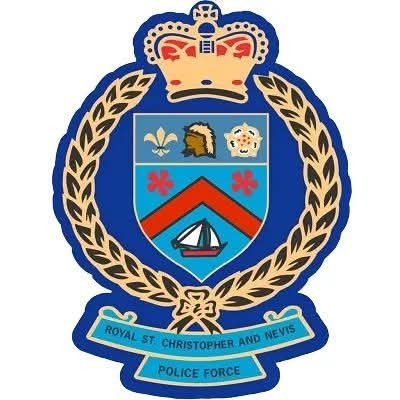
A lavish police awards and recognition dinner held at the St. Kitts Marriott Resort turned into an embarrassing spectacle for the government on Saturday night, as Prime Minister Dr. Terrance Drew and Commissioner of Police James Sutton were met with rows of empty chairs following a silent boycott by the rank-and-file members of the Royal St. Christopher and Nevis Police Force.
Despite a budget of approximately EC$150,000 for the high-profile event, police and civilian awardees alike refused to attend in protest of what many are calling “the deepening disconnect” between the police leadership and the officers on the ground.
One officer, who asked to remain anonymous, summed up the sentiment:
“The high command driving out in style while we the working officers are made to suffer in filth, poor working buildings, and dangerous unserviceable vehicles. We not going to no Marriott. They can keep the awards.”
Another disgruntled officer pointed to the cost of the event:
“That $150,000 could fix three police stations. The high command cares only about themselves, their branded Jeeps, and flashy offices. They don’t know what we go through daily.”
The protest—silent but powerful—left senior government and police officials red-faced, especially as Prime Minister Drew was reportedly left in visible frustration by the no-show. Sources inside Government House confirmed the PM has since demanded an urgent report into why the officers failed to attend the costly event.
Adding fuel to the fire, it is rumored that a senior official from the Ministry of National Security, frustrated by the backlash, made an offhand comment suggesting this would be the last event of its kind for the police:
“They believe they bad. They won’t get no more functions.”
The public, already critical of government spending and transparency, has taken notice. Social media was ablaze with photos of the empty ballroom and calls for the Prime Minister to reallocate funds toward fixing police infrastructure, improving vehicle fleets, and providing better working conditions for frontline officers.
As the administration grapples with the fallout, it is now clear that what was meant to be a night of recognition has instead turned into a resounding cry for reform.





